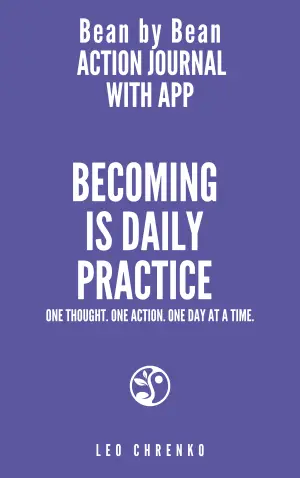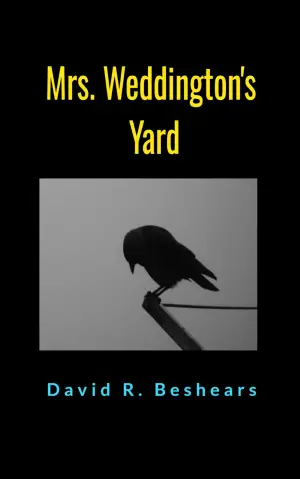A Deep Dive into Matilde Pratesi’s Pig: A Tectonic Shift in Friendships
It’s the kind of book that grabs you by the collar and doesn’t let go. As I sat up until 1:30 AM to finish the last forty pages, I couldn’t shake the feeling that Matilde Pratesi’s debut novel, Pig, is a potent exploration of friendships that have that distinct flavor of both comfort and decay. So many stories dance around toxic relationships, yet Pratesi takes a more intricate route, peeling back layers until you’re left feeling both unsettled and utterly captivated.
At its core, Pig revolves around the complex dynamic between Valeria (Vale) and Clara, childhood friends who reconnect in London after a sun-drenched Italian youth that seems both idyllic and foreboding. Vale, the reserved, pig-obsessed protagonist, looks up to Clara, a free-spirited force of nature who initially helps Vale emerge from her shell. But as Clara’s relationship with her boyfriend takes a downturn, the balance of their friendship tips dangerously. What begins as a supportive bond subtly morphs, revealing a darker dependency that’s unnervingly relatable.
Pratesi’s writing is deliberate and insightful; there are no sweeping melodramas here, no overly dramatic confrontations reminiscent of Du Maurier. Instead, she crafts a quiet tension that builds slowly but surely, allowing readers to witness Clara’s control over Vale seep into the fabric of their lives like an insidious shadow. It’s a refreshing take on toxic relationships, eschewing caricatures of good and evil in favor of more nuanced portrayals.
Interestingly, the book takes a detour into Vale’s childhood, deftly woven into the narrative. This section, while richly evocative of sunny Italian landscapes and early childhood dynamics, does slow the pacing down a notch. I found myself wishing these flashbacks were interspersed with contemporary events, as they sometimes felt like a gentle lull in a story charged with tension. Yet, they do succeed in painting an intricate picture of how Vale and Clara’s friendship evolved, punctuating the early warning signs that many of us overlook in our own lives.
What stood out to me was the portrayal of supporting characters sketched lightly yet deeply enough to resonate. Friends and acquaintances of Vale exude a sense of frustration and helplessness—all too relatable for those of us who have watched someone we care about spiral into a toxic relationship. Their concerns only amplify the emotional weight Vale carries, and the internal struggles she faces resonate on an authentic level. As a reader, I often felt frustrated with Vale for her questionable choices, yet I couldn’t help but empathize, recognizing the all-too-human tendency to cling to connections that might not be healthy.
In the end, Pig transcends the traditional bounds of hero-villain narratives. It’s a sobering look at how friendships can rot beneath the surface, with both parties often unaware of the malignancy growing in their midst. Pratesi offers readers a nuanced reflection, encouraging us to examine our own relationships through a discerning lens.
I believe this book will resonate especially with anyone who has navigated the tricky waters of friendship and dependency, and it serves as a gentle reminder of how complex and multilayered human connections can be. For me, it wasn’t just a reading experience; it was a stirring, introspective journey that lingered long after I turned the last page. If you’re in the mood for something that challenges your perceptions without the pomp and drama, Pig deserves a spot on your reading list.






